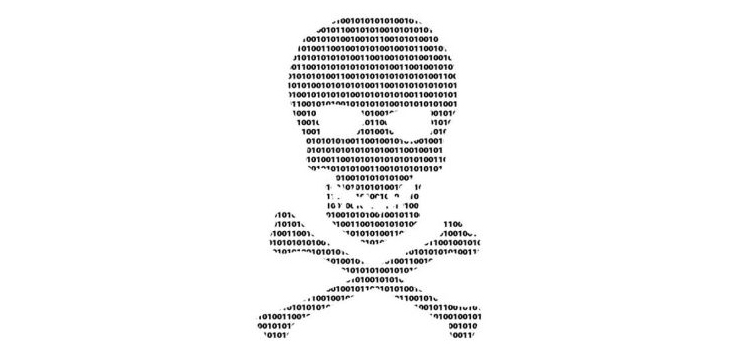Australian anti-piracy code confirmed

Things are looking bleak for Australian consumers who illegally download music, movies and TV shows.
A day after the Federal Court’s landmark Dallas Buyers Club decision (TMN April 7), the Communications Alliance released the final version of its anti-piracy code which ratifies ‘three strikes’ as part of its policy.
The three warnings had been proposed in the Communications Alliance’s draft of the code, released in February, and agreed to by Australian ISPs and copyright holders. The Federal Government had threatened to impose its own rules if the two sides didn’t come up with a voluntary code.
Negotiations over the years between the two failed because ISPs refused to compromise customers’privacy. They also argued that cheaper and quicker access to content was more effective than ‘three strikes’. But by agreeing to a voluntary code, they avoided legislation making them responsible for the behavior of their customers. The draft received 370 submissions from the public.
The Dallas Buyers Club movie case this week opened the door for copyright holders to gain contact information of alleged online infringers (4,736 of them in this instance), and use the three Education, Warning and Final warnings to embark on court action.
Yesterday afternoon, the Communications Alliance, which represents ISPs and telcos, filed the final document of the Copyright Notice Scheme 2015 with the Australian Communications and Media Authority (ACMA). The three notices have to be filed within a 12 month period. It is expected to become law in Australia in September although no official date is set.
Despite its back-down, the Alliance pushed to protect its customers’ interests. The proposed $25 fee for accused infringers launching a challenge has been dropped. The Alliance will push for "stronger consumer representation on the Copyright Information Panel" which will oversee the notice scheme. A website with information about "matters relating to the legal access to content" is being set up.
The code does not have "explicit sanctions against Internet users" nor does it address the issue that it only targets fixed-line broadband users but not mobile services. But ISPs are bound to help copyright holders in the “preliminary discovery” part of the process. In other words, copyright holders will pass on the IP address of an alleged and persistent infringer, and the seventy ISPs involved will have to check that the details match with that of the account holder’s, before sending on the warnings.
Communications Alliance CEO John Stanton said that details of compensation and cost for ISPs in the process would be worked out as ACMA analyses the code.
He expanded, "There are still some commercial details, including elements of the scheme funding arrangements, to be finalised, and the finished product must meet the approval of the ACMA, but all stakeholders believe that the code can be an important tool toward the shared objective of reducing online copyright infringement in Australia.”
Whether the handing over of customers’ personal information becomes a rubber stamp is something that has consumer groups worried. They stress that Australian consumers must be protected by law from aggressive and intimidating practices.
Pointed out Teresa Corbin, CEO of the Australian Communications Consumer Action Network (ACCAN), "Speculative invoicing has occurred in the US, Canada, and UK, where consumers have been sent intimidating letters demanding compensation for claims of file sharing. The Dallas Buyers Club Federal Court decision is worrying, because in the future, Australian consumers may be sent threatening letters shaking them down for money or face the threat of legal action."
ACCAN argues that any copyright holders guilty of intimidating behavior be banned from the scheme. The Choice group cited a USexample where a penalty of $675,000 was imposed for the illicit downloading of 30 songs.
Choice’s Campaigns ManagerErin Turner thought it would have been preferable if the Government had imposed its own laws, “because there would be more public scrutiny in the process. This code is not a gentle education scheme, it's actually a pathway to legal action."
The Government is also set to block Australian access to overseas sites proven to host pirated content.

































